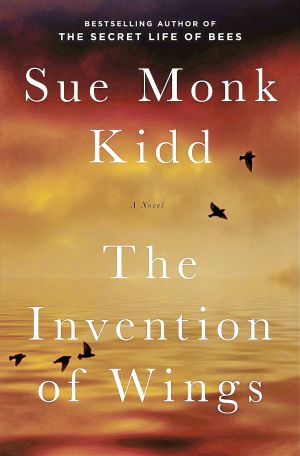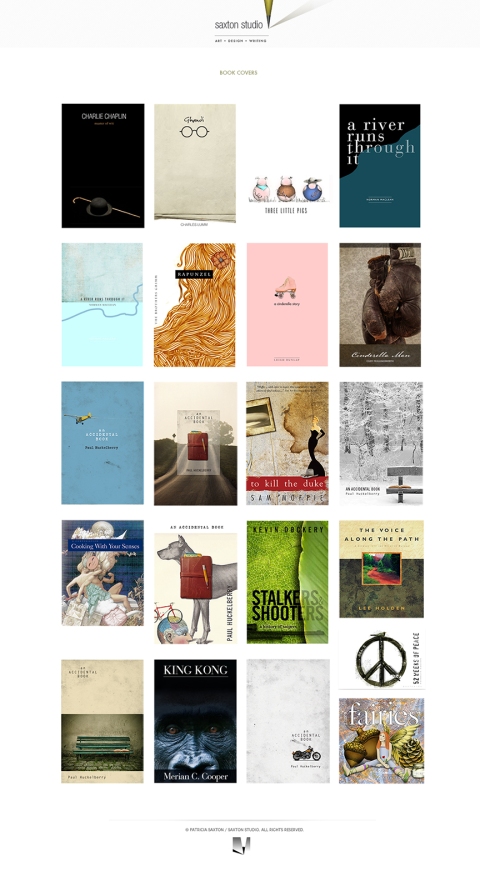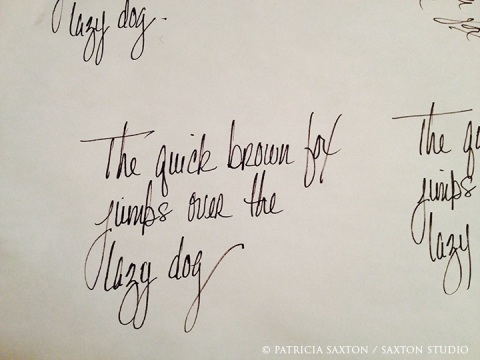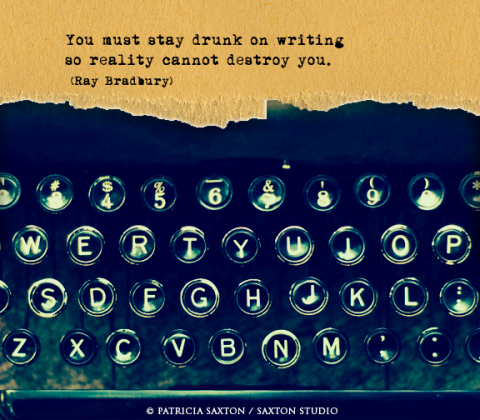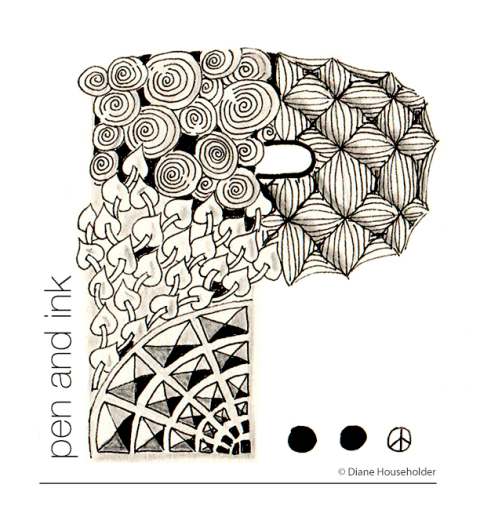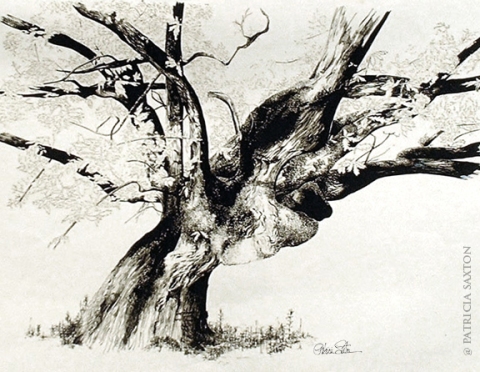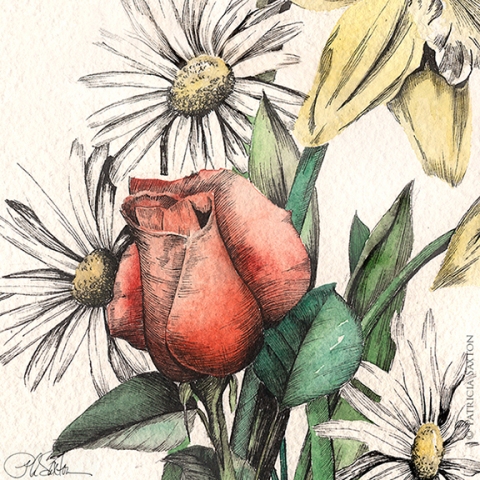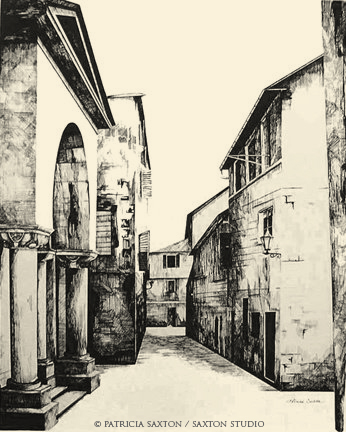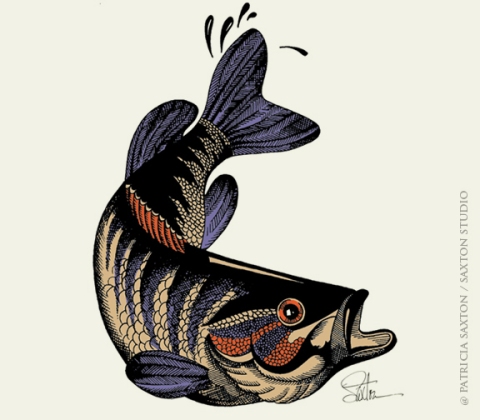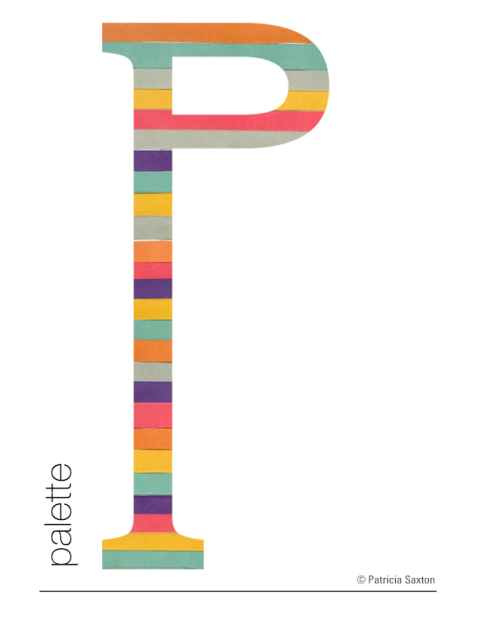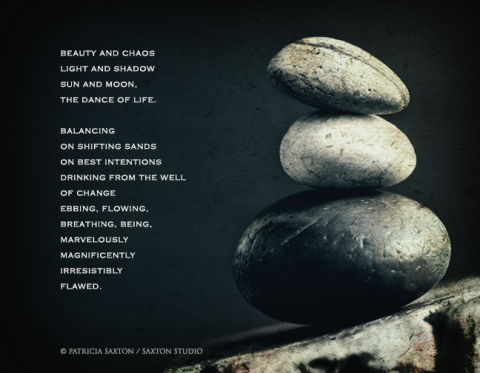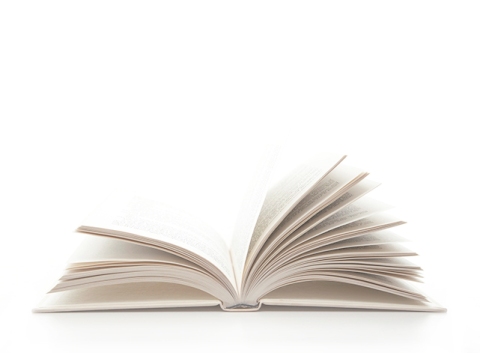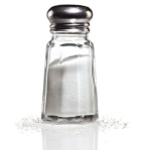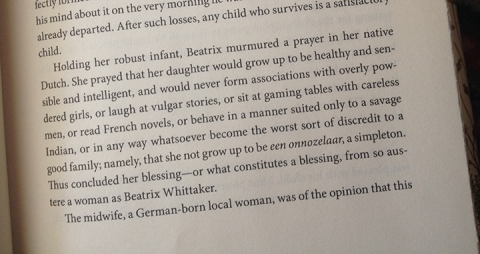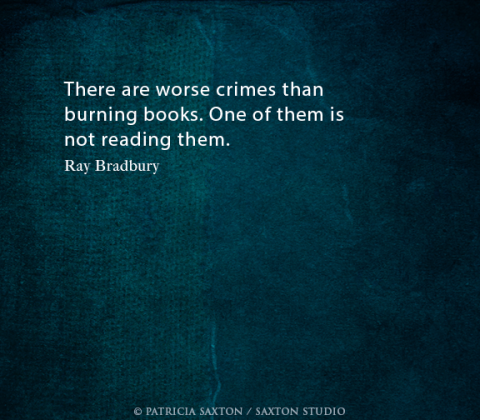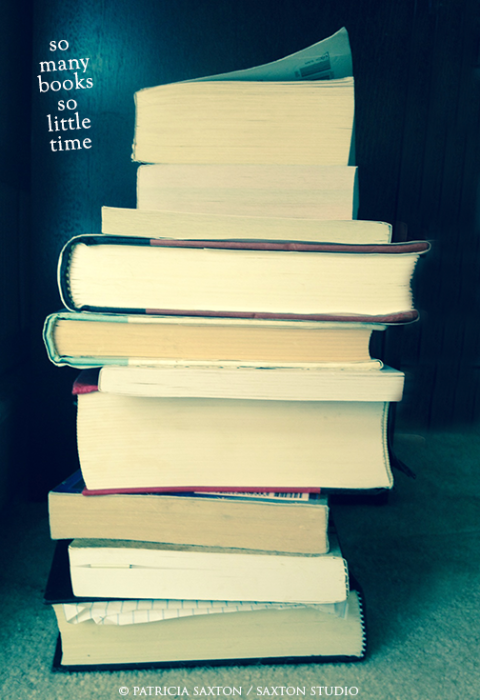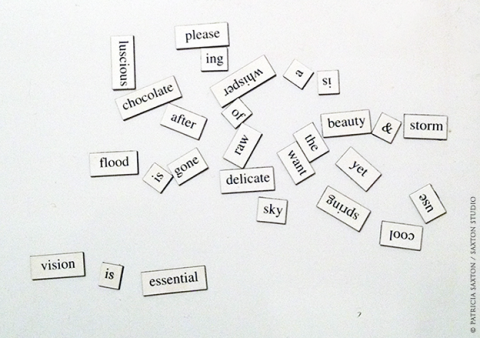Book Cover Candy
I’m reading. Not a surprise, I realize, but isn’t that what holiday weekends were made for? Reading, writing, making some art, getting one’s hands full of garden earth, visits with family or friends. Point is: not working. Connecting with that sometimes elusive concept called relaxation.
So while the sun is trying its best to make a solid show and my daughter has gone off socializing, I’ve got a good book, a cup of tea, a pile of new dirt and plants ready for planting. (And yes, hot fudge on the stove for later.)
It’s a really good book so far ~ Sue Monk Kidd’s The Invention of Wings. Again, this isn’t particularly surprising, but what did strike me was the uninteresting cover. The “ordinary-ness” of it. It feels very safe, very stock-photography-esque. It’s pleasing enough, but nothing that would have grabbed me had I not already been interested in the author.
I’ve talked about this before, but I’ll say it again ~ we do judge books by their covers. It’s our first impression. That first impression may or may not inspire us to read the back matter (what’s it about?). The back matter may or may not spur us on to actually open the book and read the first few lines. At this point, if the first few lines read well, you’re more than halfway there and your cover has done its job. If the first few lines read poorly, the cover may have surpassed its content (one might give it a few pages, even a chapter to decide~ but at least it got you to look.) Reviews, of course, give books some major traction, but if you’re at all picky about how you spend your time, you’ll probably still go through these steps before plunging in. And it all starts with the cover.
Book covers can be fantastic visual candy. And they actually can make or break a sale. As a graphic designer, and as much as I both write and read, creating covers is a natural extension of what I do, but not one many know about. So I thought I’d share some with you below. So you know.
P.S. The sun, by the way, has lost. The clouds have won, the rains have come. And now, if you’ll excuse me, I’m reading. : )



